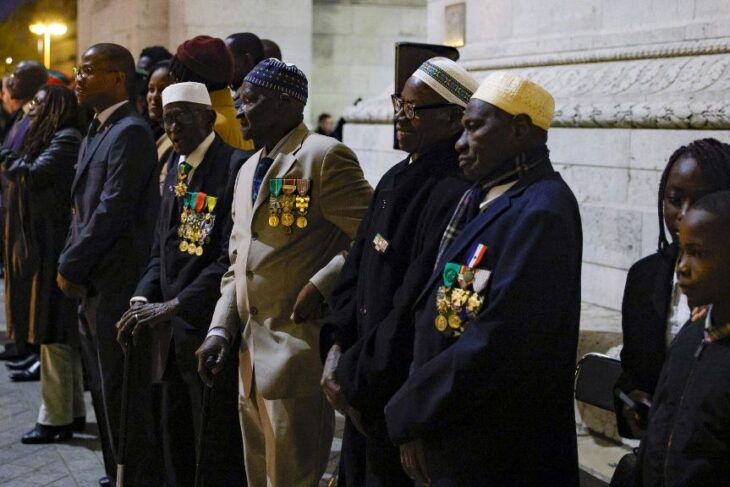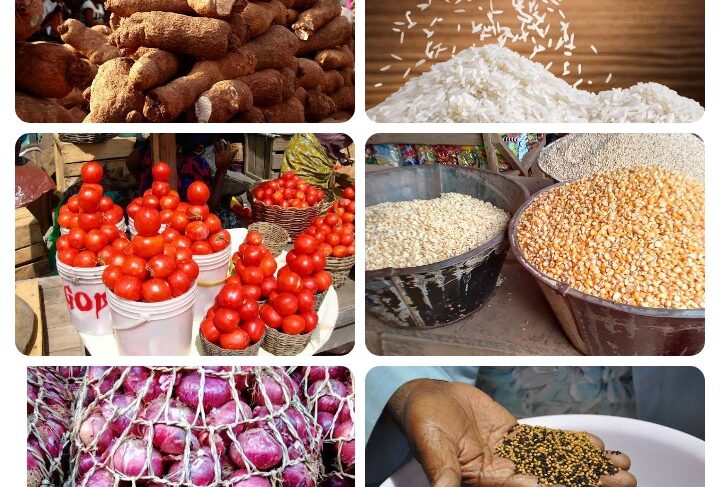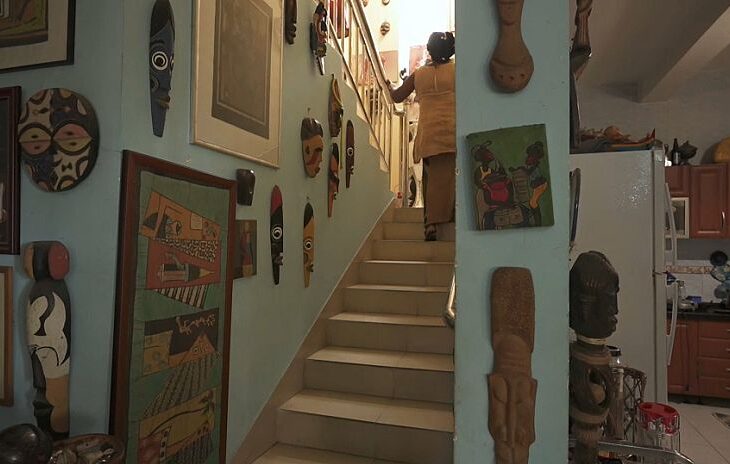
The obvious cultural diversity in Africa makes the continent unique in different aspects among which is language. Africa is one of the most diverse continents in the world with about 3000 distinct ethnic groups and more than 2000 languages. The linguistic capacity of Africans is one of the unique features that distinguishes them from other regions.

A typical example of linguistically diverse country in Africa is Nigeria which is rated top position worldwide in this aspect. In Nigeria, the spoken languages exceeds 514 languages. Though the three major languages are Hausa, Yoruba and Igbo, there are many other tribes with their different languages. The number of native languages spoken in Africa is estimated between 1,250 and 2,100. However, one of the most remarkable differences between Africa and other linguistic areas is its relative uniformity, due to the fact that several languages are widely used for inter-ethnic communication. Arabic, Somali, Berber, Amharic, Oromo, Igbo, Swahili, Hausa, Mande, Fulani and Yoruba are spoken by tens of millions of people. One of the major setbacks to such language diversity is inter-ethnic communication. Infact, there are instances of two neighboring ethnic groups who don’t understand each other.
Nevertheless, some pundits have been of opinion that a common language like Kiswahili can unite Africa. South Africa’s Julius Malema is one of those who strongly called out for the adoption of a common language in Africa. Following his call, the South African government announced that Kiswahili will be incorporated into South Africa’s school curriculum. Swahili is a language widely spoken in African countries like Kenya, Tanzania, Rwanda, DR Congo, northern Mozambique, and northern Zambia and has more than 100 million speakers.


The preservation of African languages is of utmost importance because the languages constitute one of the invaluable assets of Africa. In a bid to nurture the growth and development of African Languages, celebrating their uniqueness, the African Union declared 2006 the “Year of African Languages”. It had early created in 2001, the African Academy of Languages (ACALAN), which promotes the usage and perpetuation of African languages among African people as a means to harmonize the various languages across the continent as well as preserving any that are on the verge of becoming extinct.
One of the problems facing any indigeneous value in Africa is lack of appreciation of such values by the African natives. Africans are always quick to abandon their rich culture for imported foreign cultures. Some of African languages are not spared in this aspect. Consequently, several of these languages face the risk of extinction. It was noted that about 300 languages have less than 10,000 speakers, which puts them on the UN’s endangered list, and 37 are in danger of completely dying out.

While Africa prides itself with such linguistic diversity, some citizens are yet to fully embrace it as their commonplace. For instance in some countries and tribes,some people feel ashamed discussing in their mother tongue in public. A majority of youth who grow up in the cities are not taught their mother tongue and many of them do not see any necessity in learning it. Some even forbid their children from speaking their mother tongue.
Nonetheless, the spirit of reawakening is currently blowing across the continent as many persons have begun to show increasing interest in native languages. It is now very common to see Africans on social media like twitter, engaging in discussions in their mother tongue. With persistent reawakening, Africans can preserve the uniqueness in their linguistic diversity.













